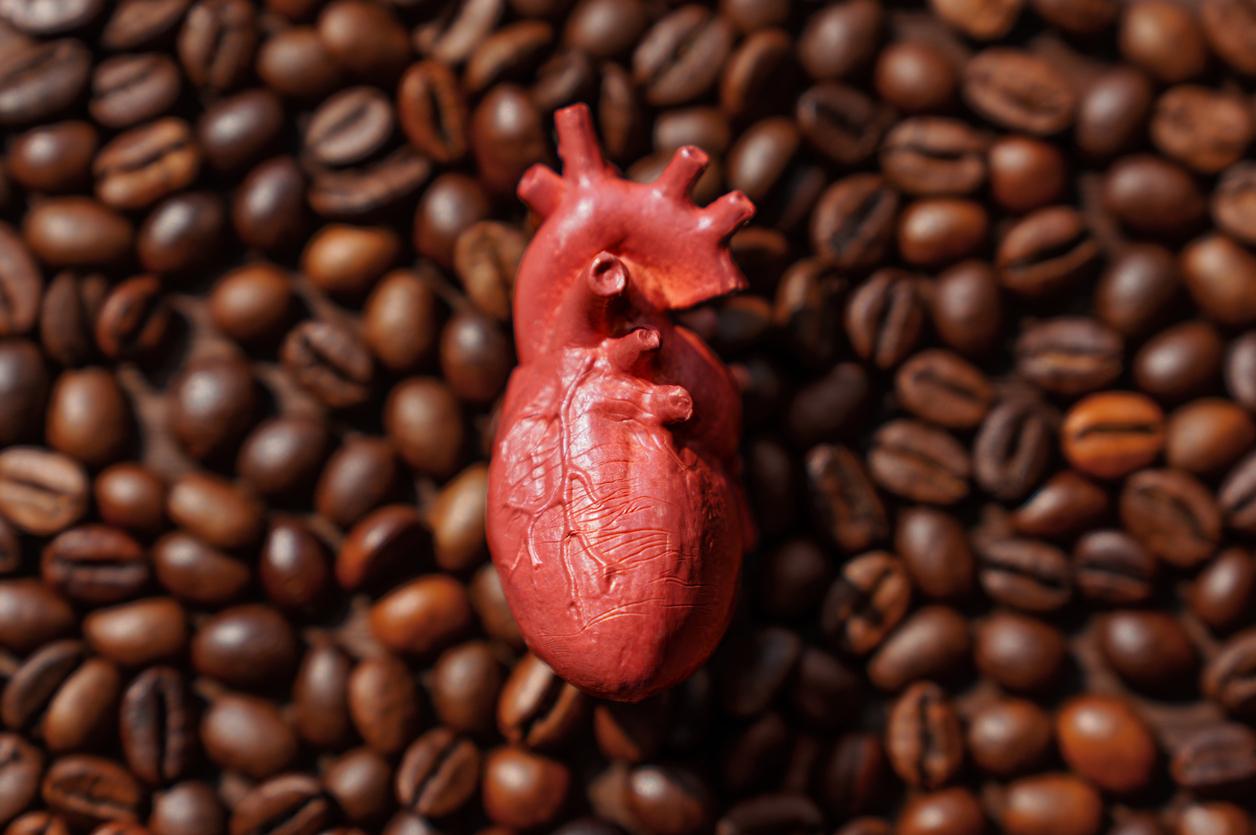MEPs removed the caffeine tax that targeted energy drinks with high concentrations of this stimulant.

It was voted in 2013 to limit the concentrations of caffeine in energy drinks. Three years later, MEPs abolished the “Red Bull tax”, this levy of one euro per liter on drinks containing more than 220 milligrams of caffeine per liter.
The caffeine tax on energy drinks was abolished this Friday against the advice of the government, during the new reading of the finance bill. It cannot be reintroduced for final reading this Tuesday in the hemicycle.
“Cafeteria lobby”
At the origin of this tax: Gérard Bapt, cardiologist by profession and member of the commission of social affairs, who says he is “furious” and considers this deletion “serious”. The introduction of this tax had been “a success for public health since the producers of these drinks had reduced the level of caffeine,” he told AFP. . Today, he sees it as an influence of the “coffee lobby” and now hopes “that the producers of these drinks will not increase the level of caffeine”.
The levy was abolished on the initiative of PS deputy Razzy Hammadi, ex-rapporteur of a fact-finding mission which advocated an overhaul of the taxation of agrifood products. The Finance Committee, then the Assembly in public session, then followed.
Low revenue
“A few years ago, the legislator decided to introduce a tax on energy drinks, and he was right to do so, because these drinks are not healthy (…), pleaded Razzy Hammadi in the hemicycle. One of the criteria taken into account by this tax was a caffeine content greater than the needs -220 milligrams- in a drink that was not coffee.
However, in the years that followed, all the manufacturers of energy drinks reduced the caffeine content of them, to bring it below 220 milligrams, so that we taxed take-out coffees, which was not the legislator’s objective, and all this for a return of less than 3 million euros ”.
According to the government’s initial forecasts, this caffeine tax was initially supposed to bring in 60 million euros per year. But energy drink makers have generally lowered the caffeine content of their drinks to drop below the fatal threshold and avoid paying for it.
The Secretary of State for the Budget, Christian Eckert, for whom this tax “which aimed to change behavior (…) has been effective”, objected that “the risk exists that, if we remove it, products with higher than reasonable caffeine content ”.
Known risks
There are many studies that demonstrate the toxicity of these energy drinks, sometimes with very high caffeine concentrations. The harmful impact of these drinks on the heart and brain is now well documented, as are the risks associated with mixing with alcohol. A study recently showed that these drinks, in alcoholic cocktails, generated the same effects as cocaine. Addictive risks are also the subject of frequent alerts from health authorities.
According to ANSES, who conducted several evaluations of these drinks, the side effects encountered by consumers are mainly cardiovascular (feelings of tightness or chest pain, tachycardia, hypertension, arrhythmias up to cardiac arrest, etc.), psycho-behavioral or neurological (irritability, nervousness , anxiety, even panic attacks, hallucinations, epilepsy).
.

















